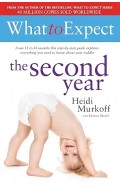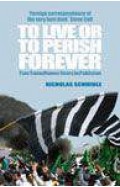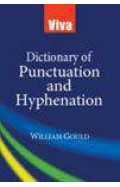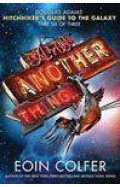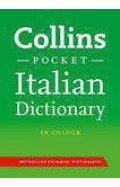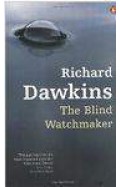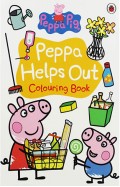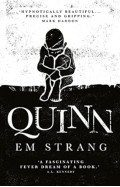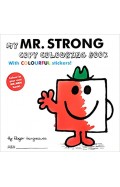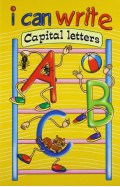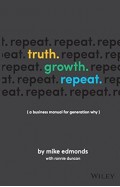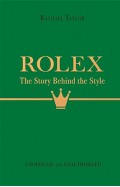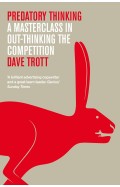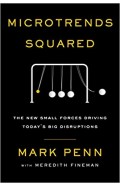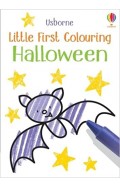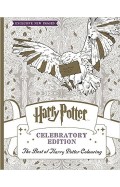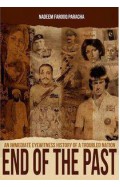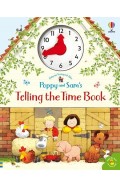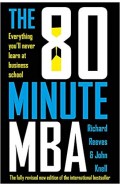100 Novels That Changed the World
By: Colin Salter
-
Rs 4,405.50
- Rs 4,895.00
- 10%
You save Rs 489.50.
Due to constant currency fluctuation, prices are subject to change with or without notice.
A look at 100 inspiring novels that have left a significant mark on the world of literature and popular culture.
Before the novel, the world of books was dominated by scientific tomes, religious tracts and histories of the victorious in war. There had been stories and epic poems from ancient times – Homer’s Iliad and Odyssey recounted ancient Greece, and Sir Gawain and the Green Knight was a chivalric romance in Middle English, but it was not until the seventeenth century, when the European middle classes had money and leisure, that anything so frivolous as a novel could be sold for entertainment.
Colin Salter traces the evolution of the novel from the earliest examples through to the postmodernist best-sellers of the 21st century. Rather than dwelling too long on the technical nuances of innovative writing style he has amassed 100 of the greatest novel writers and chosen their most significant work.
For writers such as Herman Melville, James Joyce or Harper Lee the decision is not a difficult one. For Charles Dickens, Salman Rushdie and Margaret Atwood, the choice is perhaps more difficult.
Following the style set with previous books in the 100 series, most notably 100 Children’s Books and 100 Science Discoveries, each author is given a concise biography and their major novel analysed and then set in context with their other published work.
Readers can become ridiculously well-read in 224 pages.
Authors included: Alexandre Dumas, Daniel Defoe, Victor Hugo, Mary Shelly, Charles Dickens, Mark Twain, Charlotte Brontë, Emily Brontë, Gabriel Garcia Marquez, Hilary Mantel, Jane Austen, Robert Louis Stevenson, Walter Scott, Lewis Carroll, JRR Tolkien, Gustave Flaubert, Marcel Proust, Henry James, Harper Lee, James Joyce, Ernest Hemingway, Margaret Atwood, Alice Walker, Jules Verne, HG Wells, Virginia Woolf, Leo Tolstoy, Louisa M. Alcott, Arthur Conan Doyle, Bram Stoker, John Steinbeck, CS Lewis, Chinua Achebe, Jack Kerouac, John Le Carre, Arundhati Roy, Mila Kundera, Joseph Heller, JD Salinger, Alexandr Solzhenitsyn, Fyodor Dostoevsky, Miguel Cervantes, Graham Greene, F. Scott Fitzgerald, George Orwell, John Steinbeck, Evelyn Waugh, Robert Graves, Daphne du Maurier, Agatha Christie, PG Wodehouse, Raymond Chandler, Hunter S. Thompson, Khaled Hosseini.
A look at 100 inspiring novels that have left a significant mark on the world of literature and popular culture.
Before the novel, the world of books was dominated by scientific tomes, religious tracts and histories of the victorious in war. There had been stories and epic poems from ancient times – Homer’s Iliad and Odyssey recounted ancient Greece, and Sir Gawain and the Green Knight was a chivalric romance in Middle English, but it was not until the seventeenth century, when the European middle classes had money and leisure, that anything so frivolous as a novel could be sold for entertainment.
Colin Salter traces the evolution of the novel from the earliest examples through to the postmodernist best-sellers of the 21st century. Rather than dwelling too long on the technical nuances of innovative writing style he has amassed 100 of the greatest novel writers and chosen their most significant work.
For writers such as Herman Melville, James Joyce or Harper Lee the decision is not a difficult one. For Charles Dickens, Salman Rushdie and Margaret Atwood, the choice is perhaps more difficult.
Following the style set with previous books in the 100 series, most notably 100 Children’s Books and 100 Science Discoveries, each author is given a concise biography and their major novel analysed and then set in context with their other published work.
Readers can become ridiculously well-read in 224 pages.
Authors included: Alexandre Dumas, Daniel Defoe, Victor Hugo, Mary Shelly, Charles Dickens, Mark Twain, Charlotte Brontë, Emily Brontë, Gabriel Garcia Marquez, Hilary Mantel, Jane Austen, Robert Louis Stevenson, Walter Scott, Lewis Carroll, JRR Tolkien, Gustave Flaubert, Marcel Proust, Henry James, Harper Lee, James Joyce, Ernest Hemingway, Margaret Atwood, Alice Walker, Jules Verne, HG Wells, Virginia Woolf, Leo Tolstoy, Louisa M. Alcott, Arthur Conan Doyle, Bram Stoker, John Steinbeck, CS Lewis, Chinua Achebe, Jack Kerouac, John Le Carre, Arundhati Roy, Mila Kundera, Joseph Heller, JD Salinger, Alexandr Solzhenitsyn, Fyodor Dostoevsky, Miguel Cervantes, Graham Greene, F. Scott Fitzgerald, George Orwell, John Steinbeck, Evelyn Waugh, Robert Graves, Daphne du Maurier, Agatha Christie, PG Wodehouse, Raymond Chandler, Hunter S. Thompson, Khaled Hosseini.
Zubin Mehta: A Musical Journey (An Authorized Biography)
By: VOID - Bakhtiar K. Dadabhoy
Rs 892.50 Rs 1,050.00 Ex Tax :Rs 892.50
Viva Dictionary Of Punctuation And Hyphenation
By: William Gould
Rs 127.50 Rs 150.00 Ex Tax :Rs 127.50
And Another Thing... (The Hitchhiker's Guide to the Galaxy)
By: Eoin Colfer
Rs 355.50 Rs 395.00 Ex Tax :Rs 355.50
Collins Pocket Italian Dictionary
By: Collins Dictionaries
Rs 1,847.50 Rs 3,695.00 Ex Tax :Rs 1,847.50
No similar books from this author available at the moment.
First Sticker Book Feelings (First Sticker Books)
By: Holly Bathie
Rs 1,615.50 Rs 1,795.00 Ex Tax :Rs 1,615.50
Quinn - 'Hypnotically beautiful' - Mark Haddon
By: Em Strang
Rs 2,155.50 Rs 2,395.00 Ex Tax :Rs 2,155.50
The Legend of Sadequain: Renaissance of Calligraphic Art
By: Dr salman ahmad
Rs 16,200.00 Rs 18,000.00 Ex Tax :Rs 16,200.00
The Worries: Sohal Finds a Friend: Sohal Finds a Friend
By: Jion Sheibani
Rs 1,695.75 Rs 1,995.00 Ex Tax :Rs 1,695.75
Truth. Growth. Repeat. - A Business Manual for Generation Why
By: Mike Edmonds
Rs 2,545.75 Rs 2,995.00 Ex Tax :Rs 2,545.75
Letters from Lockdown - Famous Faces, Frontline Workers and Stay-At-home Heroes Reflect on the Year Everything Changed
By: Natasha Kaplinsky
Rs 1,100.75 Rs 1,295.00 Ex Tax :Rs 1,100.75
Microtrends Squared: The New Small Forces Driving Today's Big Disruptions Paperback
By: Mark Penn
Rs 4,670.75 Rs 5,495.00 Ex Tax :Rs 4,670.75
Harry Potter Colouring Book Celebratory Edition: The Best of Harry Potter colouring - an official colouring book (Adult Coloring)
By: Warner Brothers
Rs 2,515.50 Rs 2,795.00 Ex Tax :Rs 2,515.50
End of past: An immediate eyewitness history of a troubled nation
By: Nadeem Farooq Paracha
Rs 1,165.50 Rs 1,295.00 Ex Tax :Rs 1,165.50
How to Write a Marketing Plan - Define Your Strategy, Plan Effectively and Reach Your Marketing Goals
By: John Westwood
Rs 4,045.50 Rs 4,495.00 Ex Tax :Rs 4,045.50
The 80 Minute MBA: Everything You'll Never Learn at Business School
By: Richard Reeves
Rs 2,120.75 Rs 2,495.00 Ex Tax :Rs 2,120.75
Zubin Mehta: A Musical Journey (An Authorized Biography)
By: VOID - Bakhtiar K. Dadabhoy
Rs 892.50 Rs 1,050.00 Ex Tax :Rs 892.50












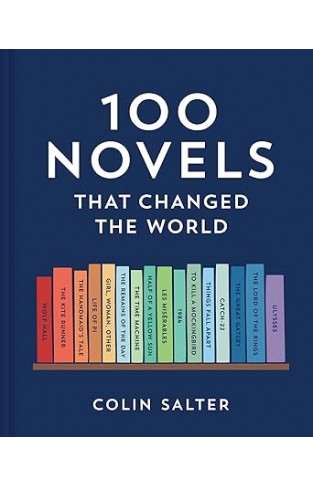

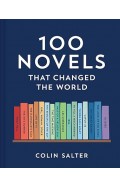
-120x187.jpg?q6)





